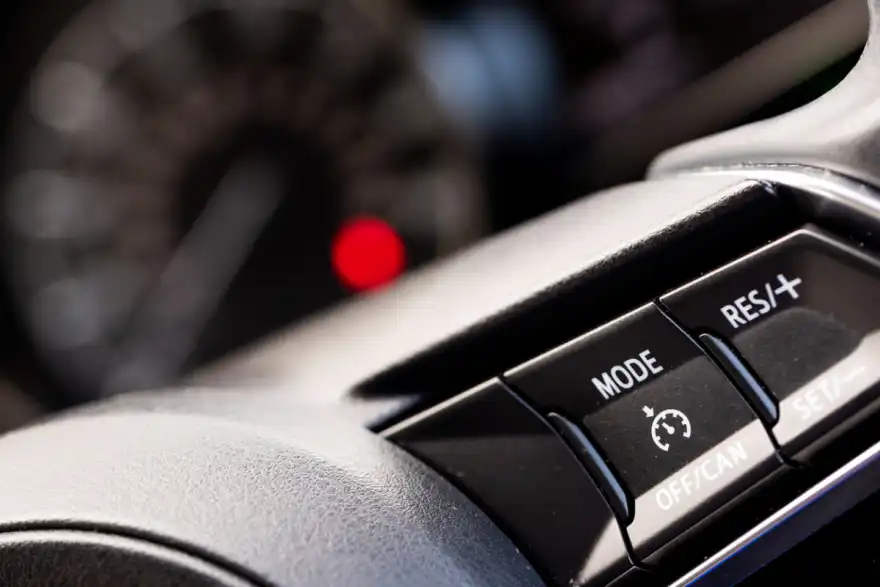
With the EU planning to make speed limiters mandatory for all vehicles by July 7, 2024, it's important to understand what speed limiters are and how they will impact your driving experience as speed limiters are set to become a significant part of car technology.
What is a Speed Limiter?
A speed limiter, also known as an Intelligent Speed Assistance (ISA) system, is a technology that prevents a car from exceeding a predetermined speed. Unlike cruise control, which maintains a constant speed, a speed limiter allows you to control your speed but prevents you from going over the set limit.
How Do Speed Limiters Work?
Speed limiters use sensors to monitor your speed and communicate this information to the car’s computer. When you reach the predetermined speed, the computer limits the fuel and air flow to the engine, preventing you from going faster.
However, if you need to accelerate quickly, you can override the limiter by pressing hard on the accelerator. It's also worth noting that speed limiters do not affect your car’s braking system.
What Types of Speed Limiters Are There?
There are two main types of speed limiters: Adjustable and Intelligent.
- Adjustable Limiters: These are common in most cars and allow the driver to set the speed limit manually, which can be adjusted as needed.
- Intelligent Speed Assistance: This advanced system uses a camera to detect speed limit signs and automatically adjusts the speed limiter based on the current speed limit.
Why Are Speed Limiters Being Implemented?
The European Transport Safety Council predicts these devices could see a 30% drop in collisions, and the European Commission expects it could prevent 140,000 serious injuries by 2038. Their ultimate aim is to achieve zero road deaths by 2050.
They also help drivers avoid speeding tickets and reduce the need to constantly check the speedometer. Additionally, speed limiters can improve fuel efficiency, lower CO2 emissions, and potentially reduce insurance premiums.
How Do I Know if My Car Has a Speed Limiter?
Most speed limiters are controlled by buttons on the steering wheel or an indicator stalk. Look for a button labelled 'LIM' or a similar symbol. Be careful not to confuse it with the cruise control button, which typically has an arrow on a speedometer symbol.
Will Using a Speed Limiter Affect My Car Insurance?
According to the European Transport Safety Council, speed limiters could reduce road collisions by 30% and deaths by 20%. If these projections are accurate, not only will roads be safer, but there will likely be fewer car insurance claims.
Fewer claims mean lower premiums. Insurance companies set premiums based on risk, so if the risk of accidents decreases, the cost of insuring your car may go down too.
Looking for a cheap insurance quote? Compare car insurance quotes with Quotezone and you could save up to £504*
Which Cars Already Have Speed Limiters?
Many modern vehicles from brands like Ford, Mercedes-Benz, Peugeot, and Renault already come with ISA systems.
How Will This Affect Your Car?
From July, all new cars will be required to have Intelligent Speed Assistance systems. These systems will notify you if you’re exceeding the speed limit and intervene if you don’t slow down. Even with Brexit, the UK's Vehicle Certification Agency (VCA) plans to follow EU regulations, so speed limiters will also be implemented in the UK.
Speed limiters represent a significant shift in automotive technology aimed at improving safety and efficiency on the roads. As these systems become more common, they will change the way we drive, making our journeys safer and more efficient.



